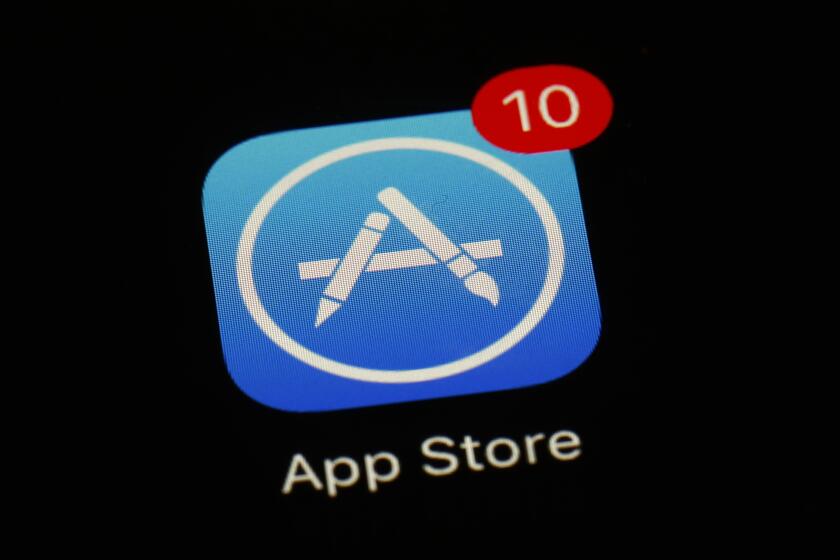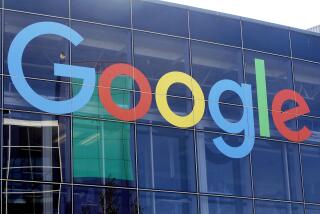Judge rules Apple canât force developers to use its App Store payment system

SAN RAMON, Calif. â A federal judge ordered Apple to dismantle part of the competitive barricade guarding its closely run App Store, threatening one of the iPhone makerâs biggest moneymakers. It could potentially also save app developers billions of dollars that could encourage them to lower the prices paid by consumers.
The challenge was mounted by Epic Games, the maker of âFortnite,â the popular video game played by about 400 million people worldwide. Apple shares dipped sharply immediately upon the issuance of the ruling and was trading down 3% on Friday. Epic, based in Cary, N.C., is a private company.
The legal battle targeted commissions of up to 30% that Apple has been charging on digital transactions within apps. Such transactions can include Netflix or Spotify subscriptions or the sale of digital items such as songs, movies or virtual tchotchkes for video games.
Apple lets developers of iPhone apps email their users about cheaper payment options, circumventing Appleâs commission system.
Epic cast that highly lucrative fee as a price-gouging tactic that wouldnât be possible if competing stores were allowed to offer iPhone apps.
An appeal of the ruling by one or both companies seems likely.
The 185-page ruling issued Friday by U.S. District Judge Yvonne Gonzalez Rogers comes three months after the conclusion of a trial focused on one of the pillars holding up Appleâs $2-trillion empire â one that Appleâs late co-founder Steve Jobs began to shape 20 years ago.
Since that trial ended, Apple has taken two steps to loosen some of its App Store rules â one to settle a lawsuit and another to appease Japanese regulators without altering its commissions. Those concessions make it easier for many apps to prod their users to pay for digital transactions in ways that avoid triggering Appleâs fees.
More to Read
Inside the business of entertainment
The Wide Shot brings you news, analysis and insights on everything from streaming wars to production â and what it all means for the future.
You may occasionally receive promotional content from the Los Angeles Times.











